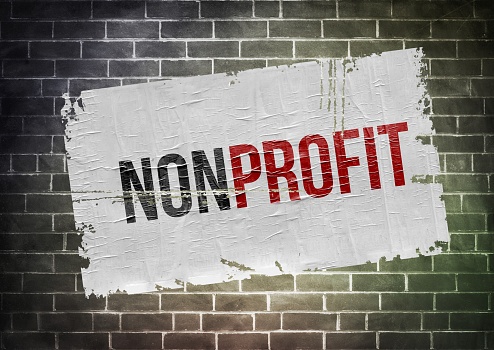
The “Non-Profit Revitalization Act of 2013”, enacted by Chapter 549 of the Laws of 2013, was the first major overhaul of New York law relating to non-profit entities in forty years. The Act, effective July 1, 2014, dealt with issues of corporate governance, the disposition of assets of a not-for-profit corporation (“NPC”), self-dealing and related party transactions, and consolidations, mergers and dissolutions. According to the Memorandum in support of the legislation, the purpose of the Act was “to reduce unnecessary and outdated burdens on nonprofits and to enhance nonprofit governance and oversight to prevent fraud and improve public trust.”
The Act repealed the Type A, B, C or D designations for not-for-profit corporations under Not-for-profit corporation law (N-PCL) Section 113 and requires that a not-for-profit corporation be designated as being either a “Charitable Corporation” or a “Non-Charitable Corporation.” Purposes which are charitable are those which are “charitable, educational, scientific, literary, cultural or for the prevention of cruelty to animals.” Non-charitable corporations are entities organized to carry on “non-pecuniary purposes” including, but not limited to, purposes which are “civic, patriotic, political, social, fraternal, athletic, agricultural, [or] horticultural” or which concern “animal husbandry” or which are “for the purpose of operating a professional, commercial, industrial, trade or service association.”
A NPC formed on or after July 1, 2014, if formed for both charitable and non-charitable purposes, is deemed to be to be a charitable corporation. Entities formed under the Education Law, the Private Housing Finance Law and the Religious Corporations Law, as to which the NPCL applies, are deemed to be charitable corporations. As to NPCs formed prior to July 1, 2014, a Type-A NPC is a non-charitable corporation, a Type-B NPC and a Type-C NPC is a charitable corporation, and a Type-D NPC formed for a charitable purpose is a charitable corporation; any other Type-D NPC is a non-charitable corporation. A foreign corporation subject to the NPCL may amend it certificate of authority to indicate whether it is a charitable or a non-charitable corporation. Absent the filing of such an amendment, a foreign entity will be deemed to be a charitable corporation. NPCL Article 14 (“Special not-for-profit corporations”), Article 15 (“Public cemetery corporations”) and Article 16 (“Land Banks”) were amended to indicate whether entities governed by those Articles will be charitable or non-charitable corporations.
The Act also impacted the procedure required in many instances for a NPC to transact its real property. Before the effective date of the Act, NPCL Section 510, required that the sale, lease, exchange, or other disposition of all or substantially all of the assets of a Type B or Type C NPC had to be approved by the supreme court in the judicial district or the county court of the county in which such the NPC in question has its office or its principal place for the carrying out of its purposes. Notice of the petition to the Court is given to New York State’s Attorney General.
Under Section 510, as amended, the sale, lease, exchange, or other disposition of all or substantially all of the assets of a chartable corporation is to be approved by either a court (on notice to the Attorney General) or by the Attorney General. The Attorney General, in approving a transaction, must find that the consideration and the terms are “fair and reasonable and that the purposes of the corporation or the interests of its members will be promoted.” Notwithstanding, court approval is required if the NPC is insolvent or would become insolvent as a result of the transaction, or if the Attorney General concludes that a court should make the determination. If the Attorney General does not approve a transfer or concludes that court review is appropriate, the petitioner may seek court approval, on notice to the Attorney General.
Section 12 of the Religious Corporations Law, requiring leave of court for a religious corporation to “sell, mortgage or lease for a term exceeding five years any of its real property”, was not amended by Chapter 549. However, Chapter 555 of the Laws of 2015, effective December 11, 2015, making “clarifying amendments” to the Act, amended Religious Corporations Law Section 12 to authorize the Attorney General to allow a religious corporation to sell, mortgage or lease for a term exceeding five years any of its real property, in lieu of obtaining a court order.
Further, NPCL Section 509, as amended, requires that the purchase, and the sale, mortgage, lease, exchange or other disposition of real property of a NPC, must be authorized “by the vote of a majority of directors of the board or of a majority of a committee authorized by the board, provided that if such property [is or upon the purchase would be] all, or substantially all, of the assets of the corporation, then the vote of two-thirds of the entire board shall be required or, if there are twenty-one or more directors, the vote of a majority of the entire board shall be sufficient.”



